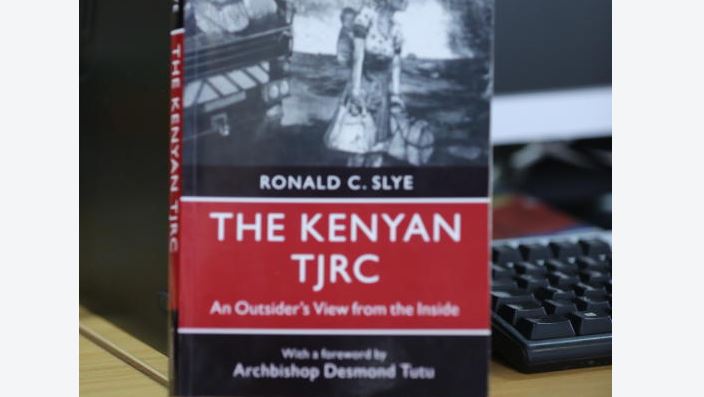×
The Standard e-Paper
Smart Minds Choose Us

Vivid descriptions, scintillating anecdotes and choice words is the stuff of Prof Ron Slye’s revealing book on the star characters in the farce that was the truth and reconciliation process in Kenya.
In The Kenyan TJRC: An Outsiders View from the Inside, a Cambridge University Press publication, Ambassador Bethuel Kiplagat bore the brunt of them.